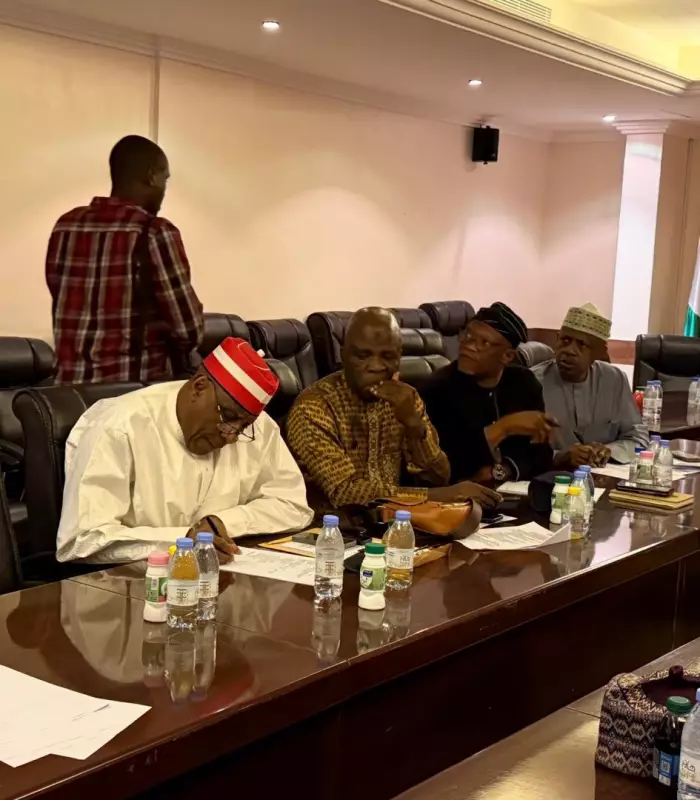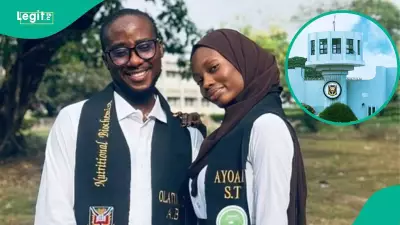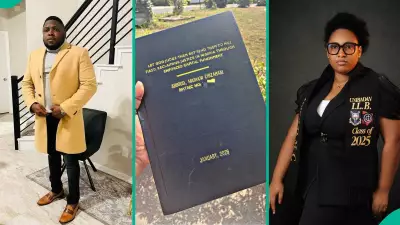
In a powerful address that resonates with Nigeria's educational challenges, a distinguished Islamic scholar has highlighted the profound importance Islam places on both formal education and practical skills acquisition. The revelation comes at a crucial time when the nation seeks solutions to unemployment and educational development.
The Divine Mandate for Learning
According to the scholar, the Holy Quran contains numerous verses that explicitly command believers to seek knowledge and develop practical skills. "Education isn't merely encouraged in Islam—it's considered a religious obligation," the expert explained during the recent gathering of Muslim faithful.
Balancing Religious and Worldly Knowledge
The presentation emphasized that Islamic teachings advocate for a balanced approach to education. "While spiritual knowledge remains paramount, the Quran equally values worldly education and vocational skills that benefit individuals and communities," the scholar noted.
Practical Skills as Worship
What makes this perspective particularly relevant to contemporary Nigeria is the concept that acquiring marketable skills constitutes an act of worship. "When a Muslim learns a trade or profession that benefits society, that action becomes ibadah—an act of devotion to Allah," the scholar elaborated.
Addressing Modern Challenges
The timing of this message couldn't be more appropriate for Nigeria's Muslim community. With rising unemployment and economic challenges, the Islamic emphasis on skills acquisition provides both spiritual and practical solutions for young Nigerians seeking meaningful livelihoods.
Historical Context of Islamic Education
The scholar reminded attendees that Islam has a rich history of valuing knowledge, dating back to the Prophet Muhammad's famous declaration: "Seeking knowledge is obligatory upon every Muslim." This tradition continued through Islamic civilizations that made groundbreaking contributions to science, medicine, and various crafts.
Call to Action for Nigerian Muslims
The address concluded with a powerful call to action, urging Nigerian Muslims to embrace both religious and secular education while actively pursuing vocational training. "This dual approach represents the complete Islamic educational model that can transform individuals and strengthen our nation," the scholar affirmed.
The message serves as both spiritual guidance and practical advice for Nigeria's growing Muslim population, particularly the youth navigating today's competitive job market while maintaining their religious values.






